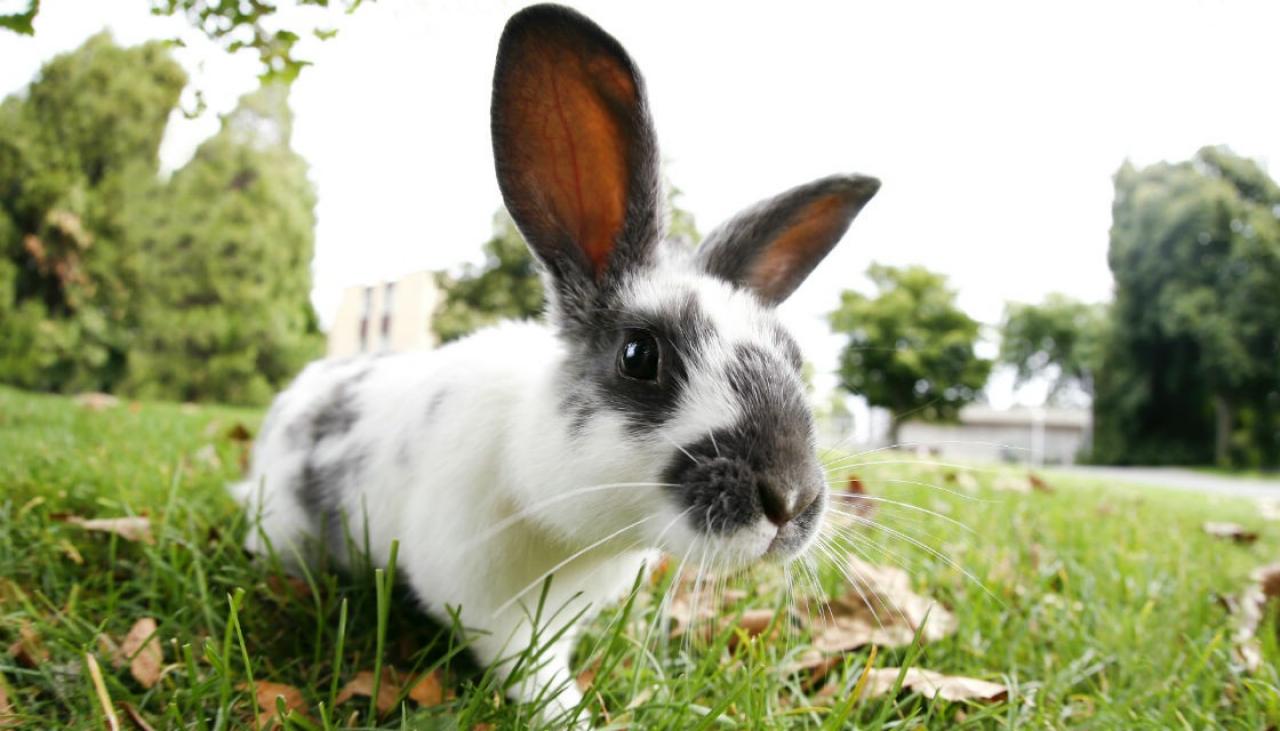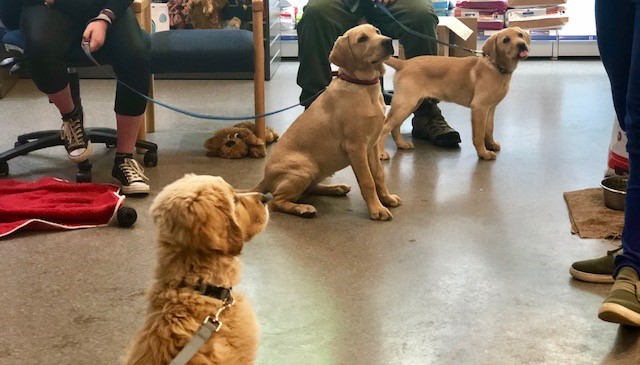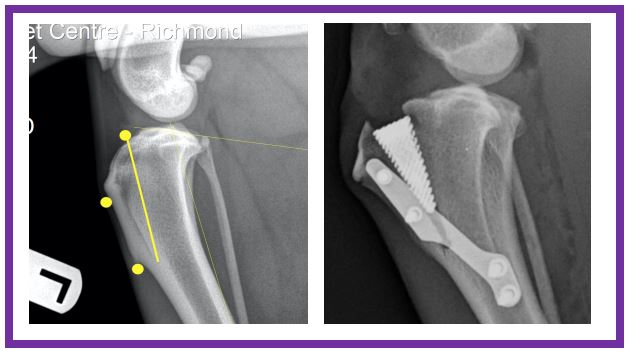Socialisation; why is it crucial for your puppy? Puppies go through the same developmental stages…

All About Rabbits!
Husbandary
The best information is available on the SPCA website. They have handling techniques, feeding requirements, hutch sizes and just an abundance of information to assist in caring for your beloved rabbit! To have an in depth husbandry list visit the spca website now.
Disease – What is Calici Virus?
Calici Virus is a haemorrhagic virus which can result in sudden death of the rabbit. It is a species specific virus meaning only rabbits are effected.
What should you look for?
Depression, anorexia, difficulty breathing, shaking, and death within one to two days. Other signs may include a foamy or bloody discharge from the nose or anus, nervous signs or rapid death. Rabbits may appear to recover, then die several days later
Mild form – depression, anorexia followed by recovery. These animals become immune from re-infection
When should I vaccinate?
Vaccinations should begin at 8 weeks and will need to be boostered again at 12 weeks. If vaccinations begin at 12 weeks old they will need a single vaccination and then will require annual vaccinations. Only healthy rabbits should be vaccinated. There is a small risk of adverse reactions to the vaccine including skin reactions, inappetence and malaise. We require a minimum of 2 days notice for rabbit vaccinations to ensure stock levels will allow for the booking.
Control Measures for Unvaccinated Rabbits
- Control insects (especially flies and fleas) as much as possible both indoors and outdoors. Flies are the main vector through which the virus is spread.
- Remove uneaten food on a daily basis.
- Keep your pet rabbit indoors where possible.
- Rabbit-proof your backyard to prevent access by wild rabbits.
- Regularly decontaminate equipment and materials (e.g. cages, hutches, bowls) with either 10% bleach or 10% sodium hydroxide. 10minutes contact times is required, then rinse off.
- Limit contact with and handling of unfamiliar pet rabbits.
- Use good biosecurity measures (e.g. wash hands, shoes and clothing) after handling other people’s rabbits.
- Avoid cutting grass and feeding it to your rabbits if there is the risk of contamination from wild rabbits.
- Infected rabbits should be isolated and disposed of in a manner that will minimise environmental contamination.
Helpful links:
https://www.mpi.govt.nz/protection-and-response/long-term-pest-management/wild-rabbits/


